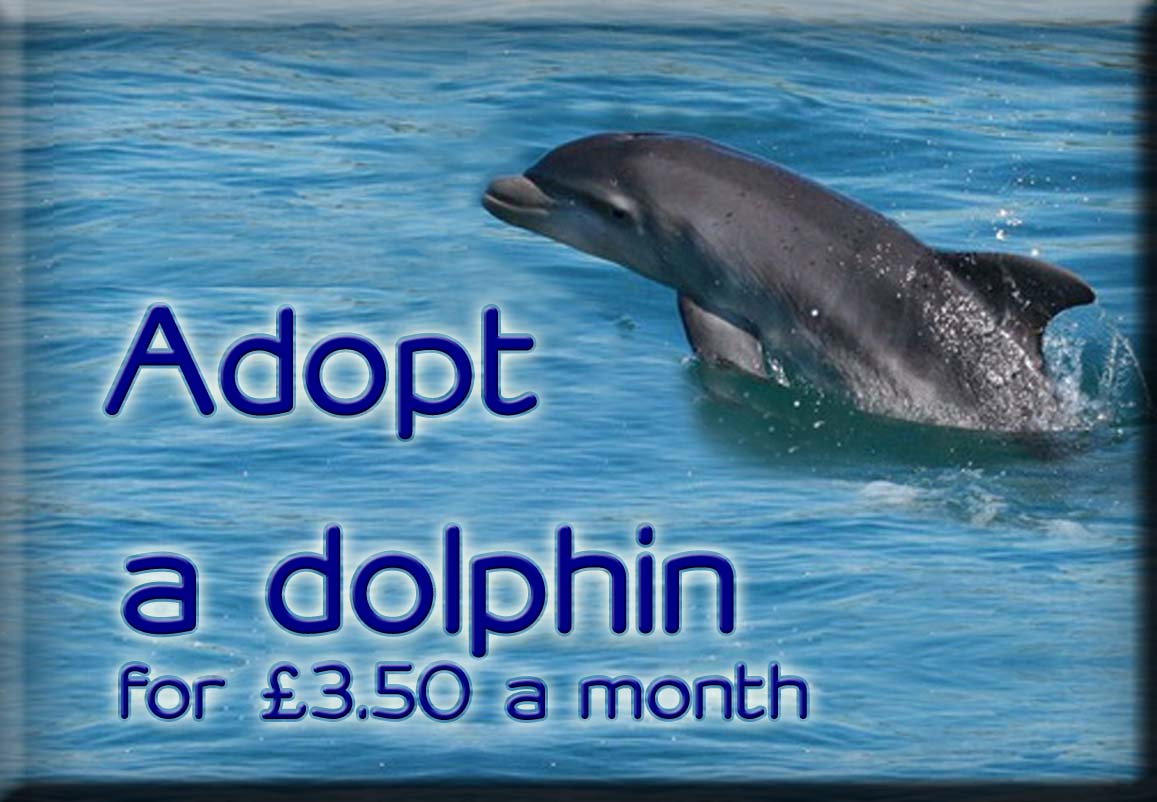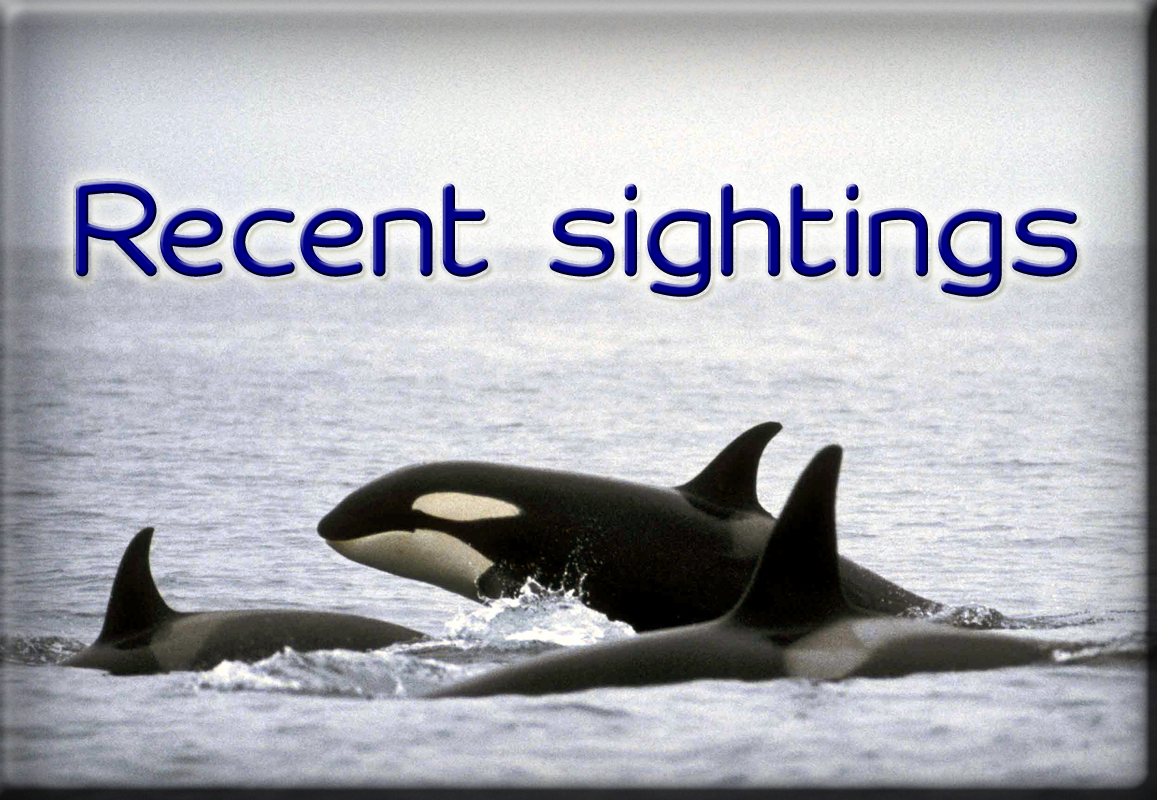Dolphin stranding workshop
Today our dolphin stranding workshop didn’t quite start as planned with a downpour of rain which meant we relocated from Dolau Beach to our Dolphin Hub – the Sea Watch Foundation’s Education Centre.
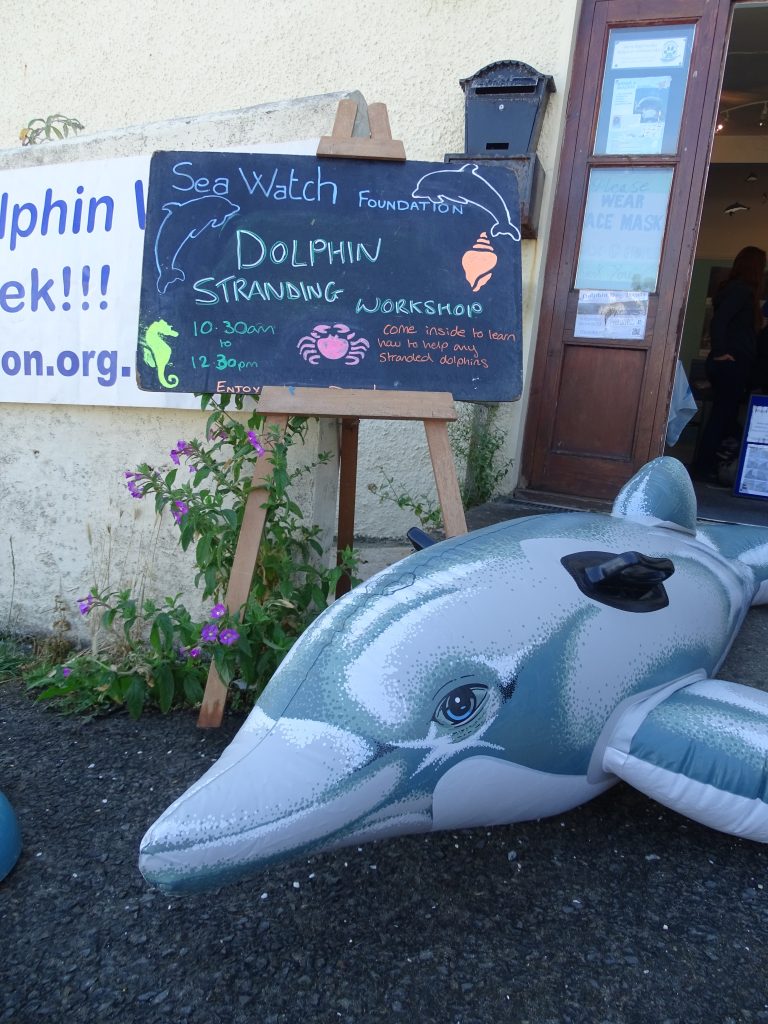
However, our set up was pleasantly interrupted by a small pod of Bottlenose dolphins right in the bay, which we watched bow riding and breaching as they were probably chasing down some breakfast.
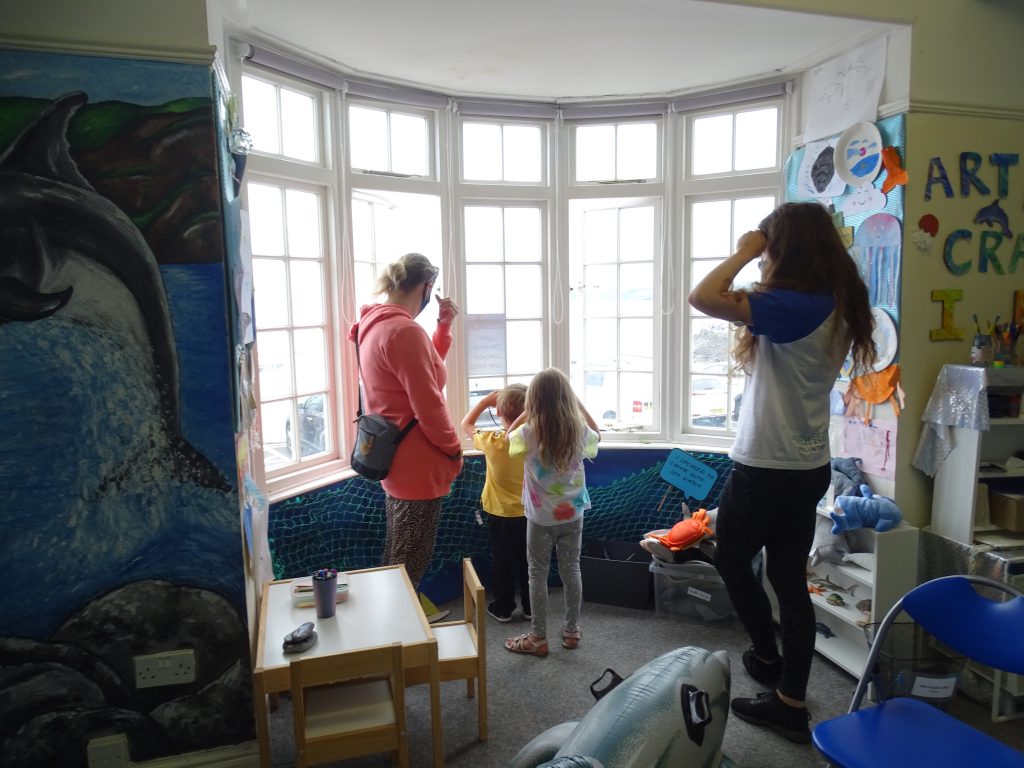
Once all the excitement settled down, experienced intern Clare and Education and Outreach assistant Fran led our workshop. Clare recently completed a Marine Mammal medic course with the British Divers Marine Life Rescue (BDMLR), so she was able to provide plenty of excellent guidance on how to help our stranded marine friends.
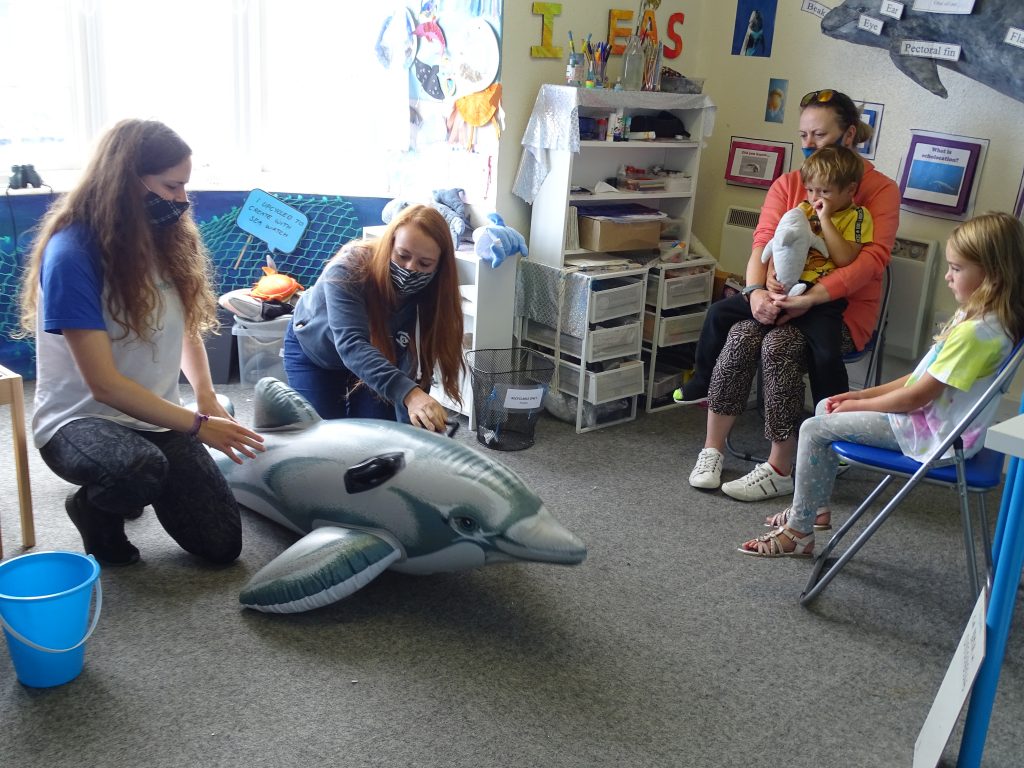
With the help of our floaty “Podrick” (second hand, don’t worry we avoid single use plastic as much as we can) Clare and Fran were able to demonstrate the necessary steps to help a stranded cetacean.
- Call British Divers Marine Life Rescue (BDMLR)’s 24-hour emergency stranding hotline immediately for assistance on 01825 765546.
- Assess if it’s safe for you to approach e.g. incoming tide, unstable environment.
- Check for signs of life e.g. eyes open and moving, breathing.
- Minimise crowds and ensure children and dogs are kept back to avoid increasing any stress for the stranded animal.
- When approaching, minimise contact, loud sounds and always avoid the tail area – despite being stranded they are still very strong and could potentially cause injury to humans.
- If the animal is on its side, try to roll them so that their stomach is in full contact with the ground. Only attempt if safe to do so and with assistance from other adults – remember that these are heavy and powerful animals.
- Check to see if the blowhole on the top of the head is obstructed to ensure the animal can breathe easily.
- Cetacean skin is easily damaged so please never attempt to drag the animal to water, instead cover them with a sheet, t-shirt or even seaweed and pour sea water (NOT fresh water) over them to keep them moist. Remember to avoid the blowhole so they can breathe air.
- If possible, dig trenches under the pectoral fins as these are not designed to bear weight on land; this will help make the animal more comfortable and avoid long-term fin damage.
- Continue pouring sea water over them until professional help arrives.
- Wash your hands thoroughly after any contact.
If you unfortunately come across a dead cetacean then please contact the Cetacean Strandings Investigation Programme (CISP) on 0800 6520333.
We hope this has been useful information for you, but please remember to always contact professional help, as this is the best chance for the animal to survive and return safely to its marine environment. Thank you so much Clare and Fran for their advice and guidance.
If you were unable to attend, don’t worry, we will be posting a virtual stranding workshop online on Friday, so keep an eye on our website.
NWDW Beach Clean
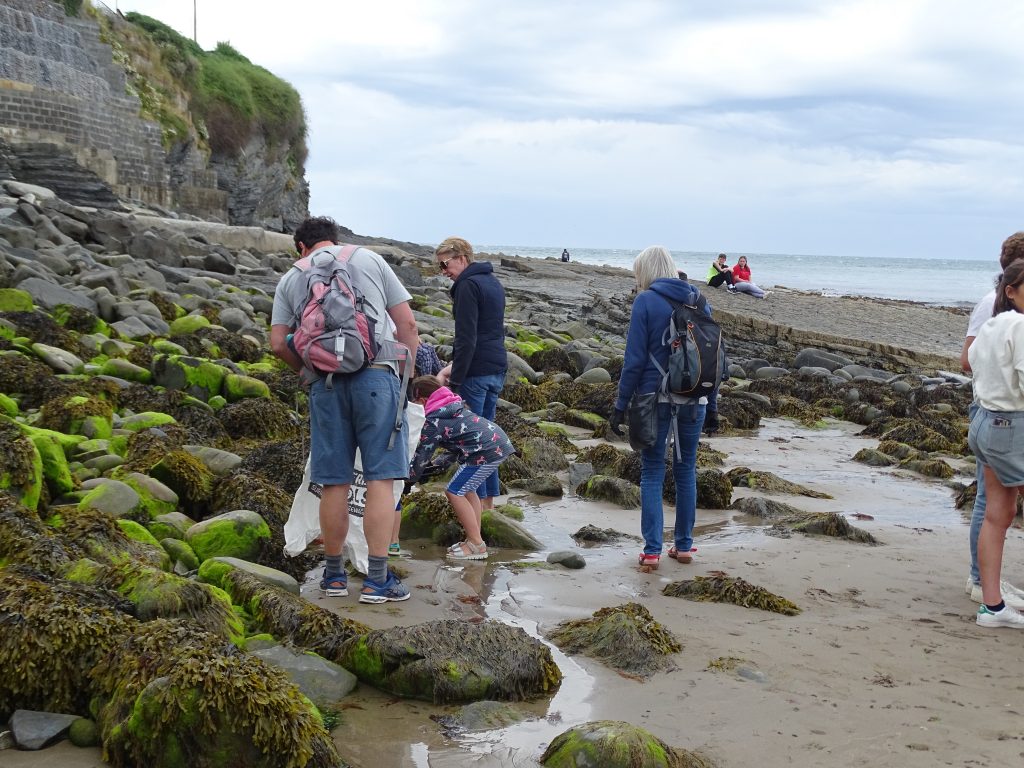
In the afternoon we also conducted our weekly beach clean at Dolau beach. Luckily, we didn’t find too much litter; some of this week’s items included drinks cans, old forgotten towels and plastic cutlery. Most of the rubbish we do find tends to be stuck between the rocks of the sea wall, which requires a lot of team-work and elbow grease to remove.
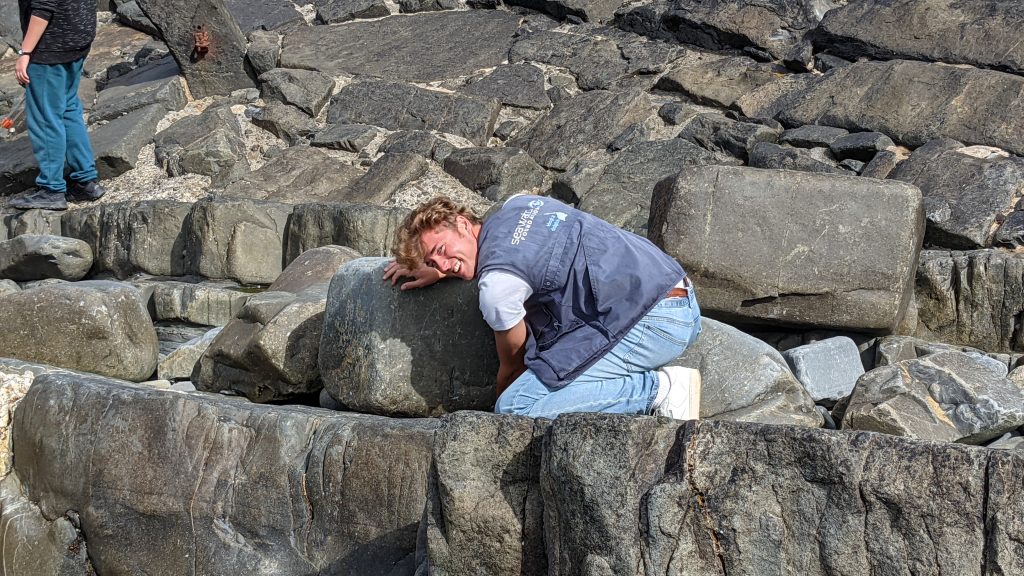
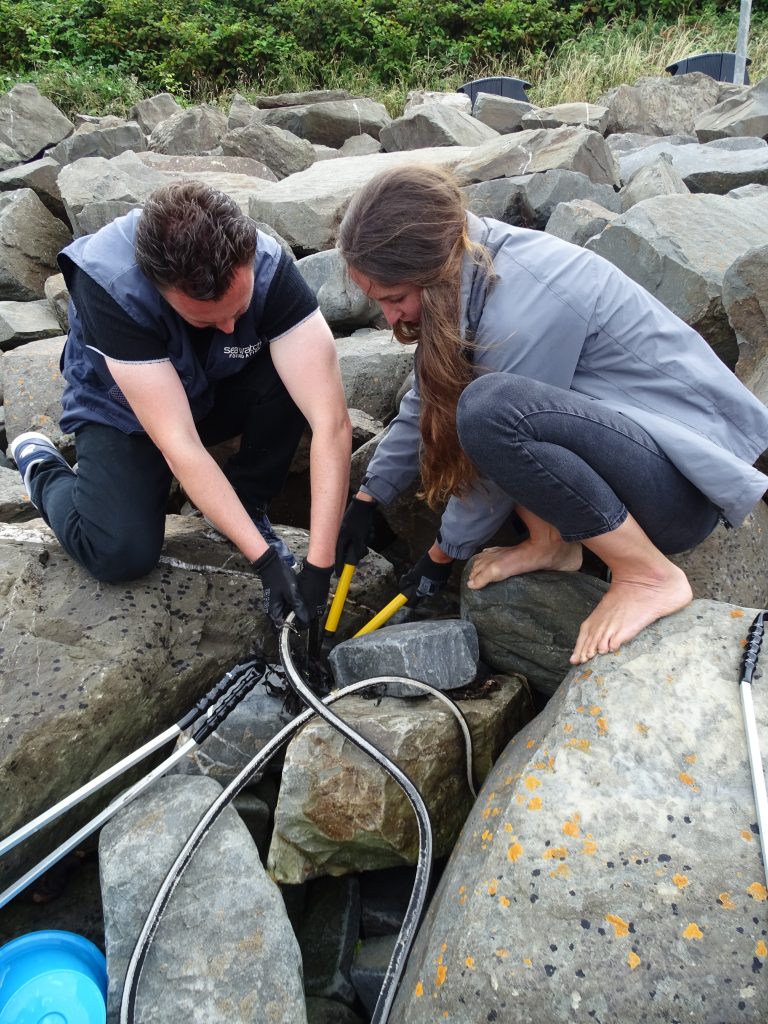
A huge thank you to all of our interns and generous volunteers, who carefully removed anything they could find, ensuring our beach stays litter free and safe for our wildlife and community.
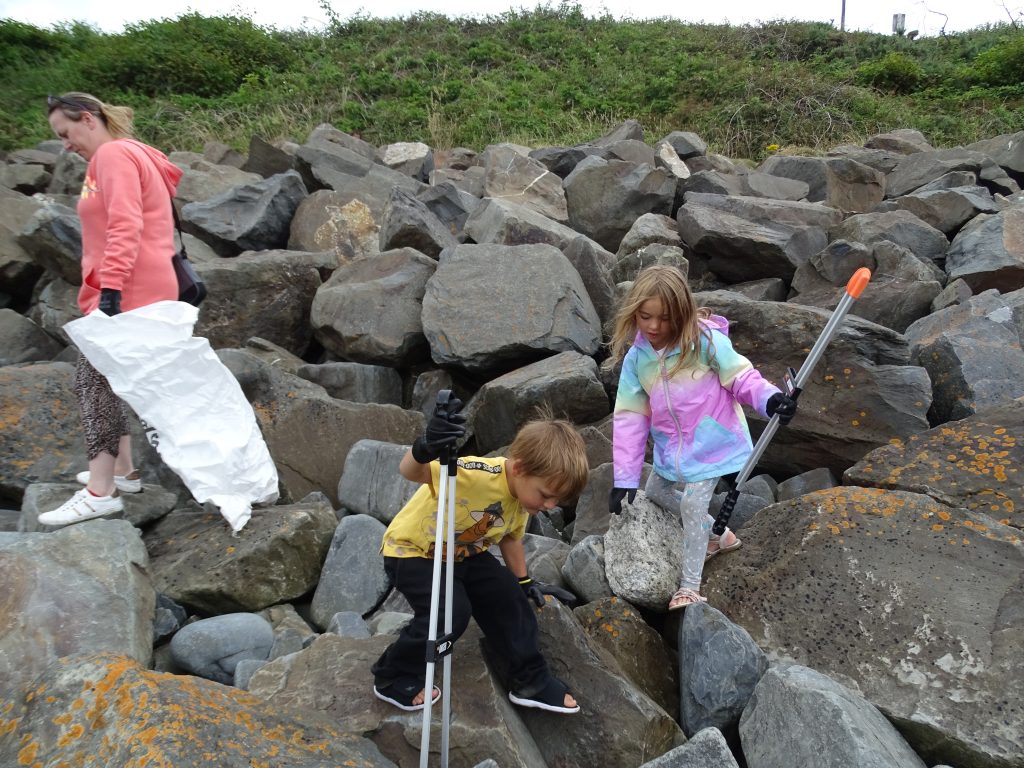
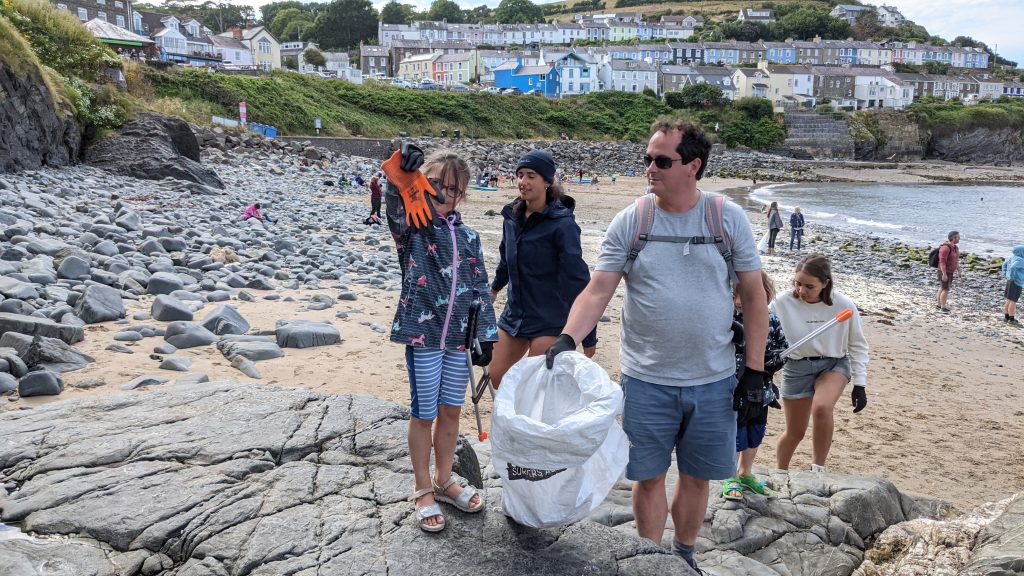
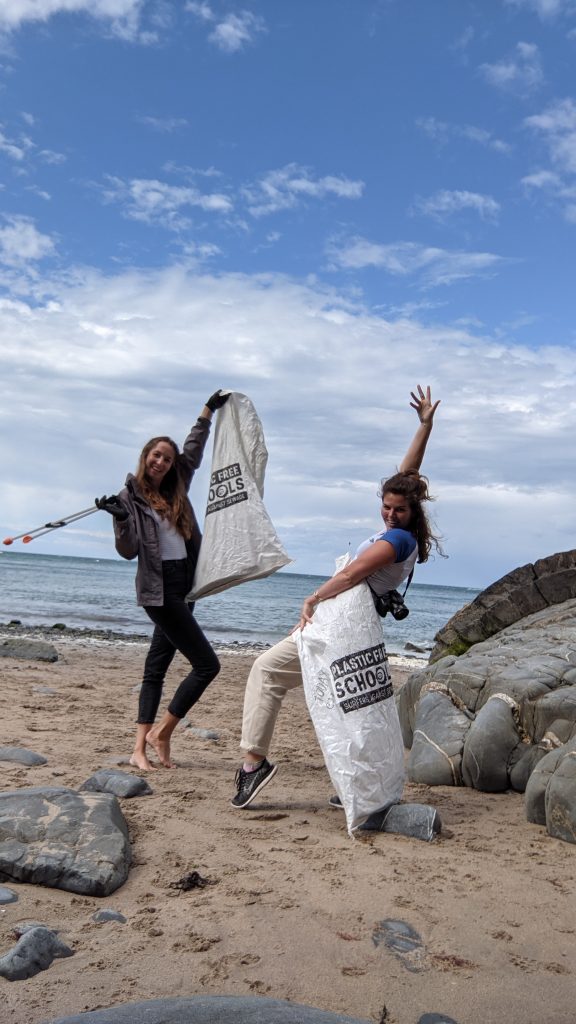
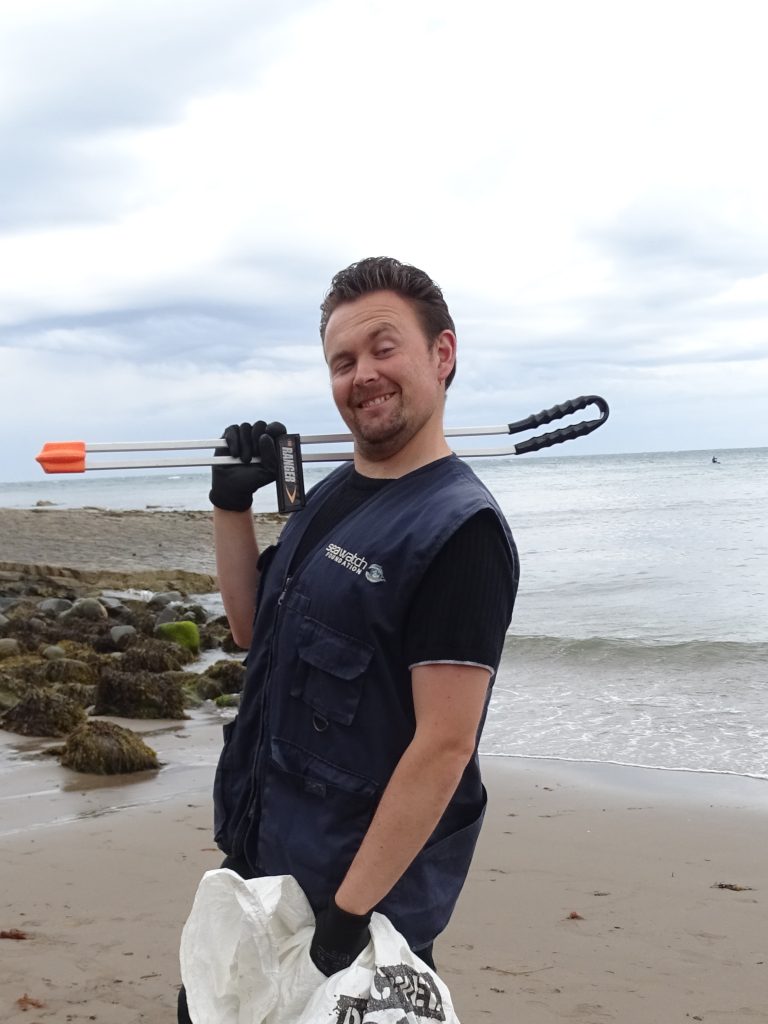
Jordan W.

